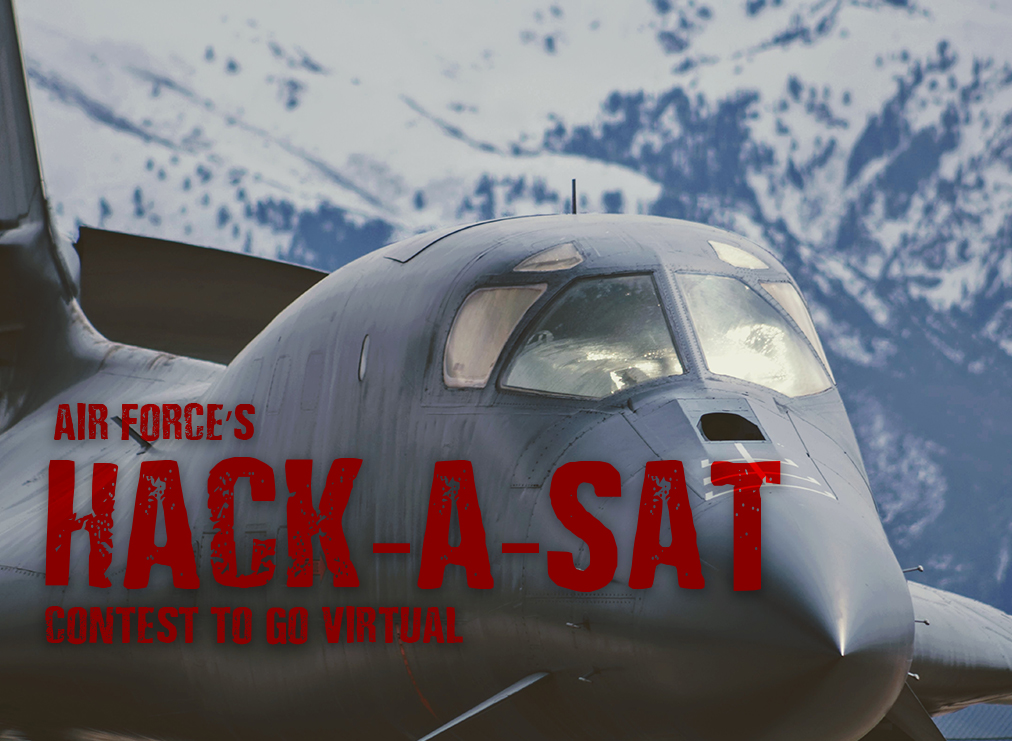Days after Black Hat and DEF CON, two of the biggest cybersecurity conferences, announced a plan to go with a virtual conference format, Air Force has adopted the same arrangement with its upcoming Hack-A-Sat challenge.
Will Roper, Air Force’s assistant secretary for acquisition, technology, and logistics announced Thursday that the organization will now move its “Hack-A-Sat” contest in a completely virtual setting in light of the COVID-19 pandemic. Under such a task, hackers from around the world will be welcomed to join and compete in a contest that involves hacking a satellite and solving cybersecurity challenges on space systems.
“We've got a lot to learn from the hacker community. The way that we build systems now behind closed doors, presuming that secrecy is one-to-one with security, that time is over and done with,” Roper said.

According to a press release, the event, called “Space Security Challenge 2020: Hack-A-Sat,” will take place in two phases. Specifically, this includes an online qualification event that is to be held from May 22 to 24, 2020, and a final virtual event that is scheduled to take place from Aug 7 to 9, 2020.
In its contest guide, Air Force described the Qualification event to be a “Jeopardy” style CTF contest, where participants will be given a total of 48 hours to complete a set of challenges in one of several categories on the Jeopardy board. The top ten teams who will accumulate the most points by solving challenges will get the chance to win $15,000 (USD).
Meanwhile, for the final phase, qualified teams will be tasked to undergo FlatSat CTF, followed by an On-orbit Challenge. The top three teams that will rake the highest score balance from the FlatSat CTF and On-orbit Challenge will be awarded the prize money of $20,000, $30,000, and $50,000 respectively.
“I see huge potential to work with this broader hacker community — [to] start hacking things in design and shift the paradigm by which we prove to warfighters we're secure,” Roper explained in a videoconference. “Right now ... we develop in a closed environment. In the future, I think it will balance closed development with an openness of discovering vulnerabilities and retiring them.”
Moreover, the top service official also shared his hopes that the event will shed light on the importance of cybersecurity awareness among organizations, especially those who want to work with defense and intelligence in the future.
















